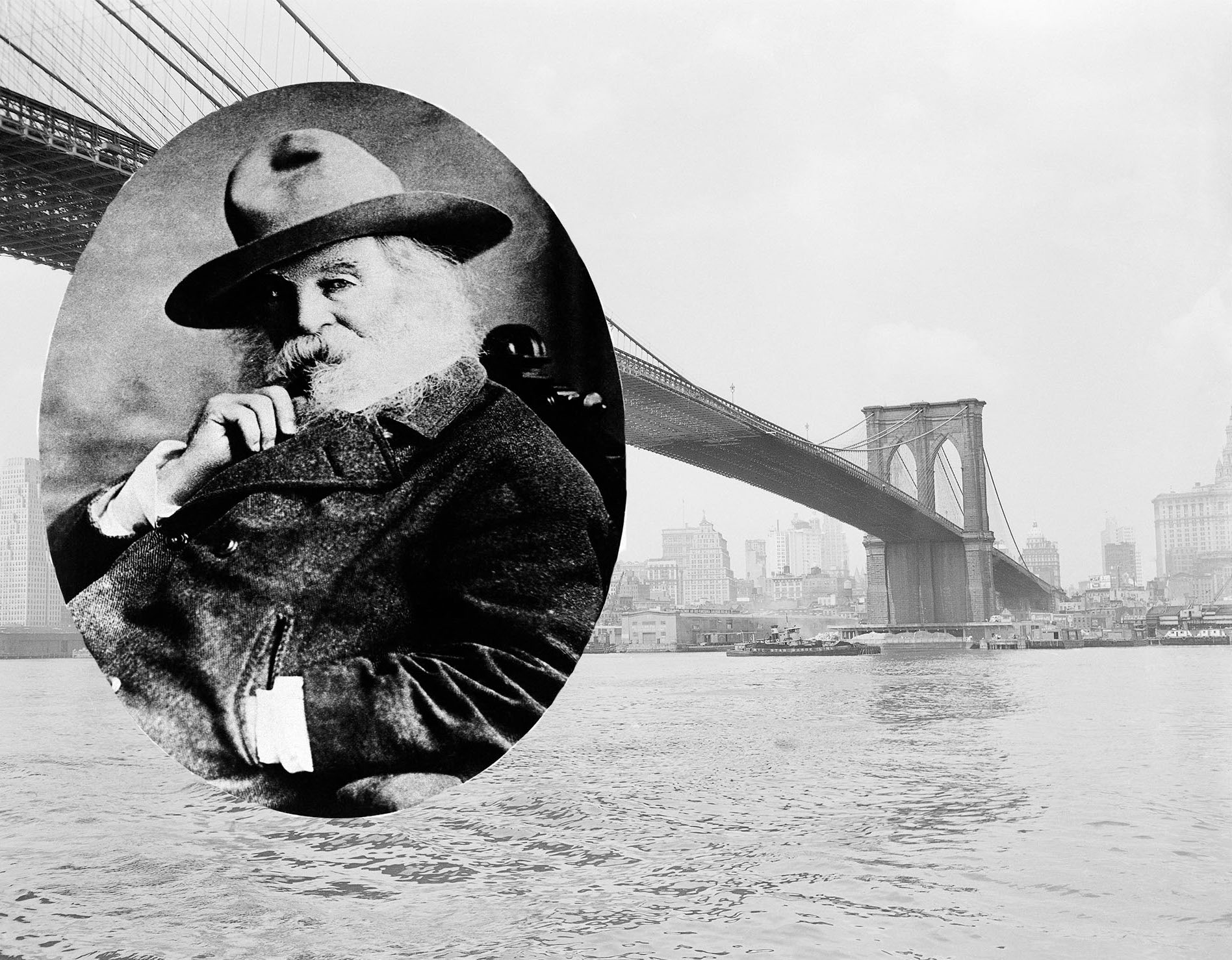OPINION: Walt Whitman, black Brooklyn, Wounded Knee and me

As we celebrate the bicentennial of Walt Whitman’s birth on May 31, Brooklynites should be proud of the attention his poetry drew to their home borough. In “Crossing Brooklyn Ferry,” he paid poetic tribute to the working Brooklynites of his era and those to come “a hundred years hence, or ever so many hundred years hence,” traveling to their workplaces and then their homes, feeding families and dreaming American dreams.
Whitman seemed to possess a love for the humanistic determination that, for many, defined Brooklyn.
His attitudes toward another defining element of Brooklyn — the multitudes of people of color and immigrants — need more scrutiny if we’re to be honest about the poet’s legacy.

Brooklyn Boro
View MoreNew York City’s most populous borough, Brooklyn, is home to nearly 2.6 million residents. If Brooklyn were an independent city it would be the fourth largest city in the United States. While Brooklyn has become the epitome of ‘cool and hip’ in recent years, for those that were born here, raised families here and improved communities over the years, Brooklyn has never been ‘uncool’.